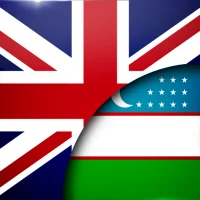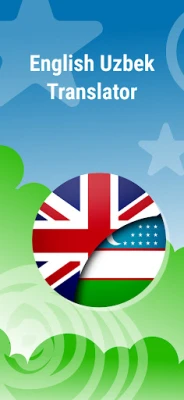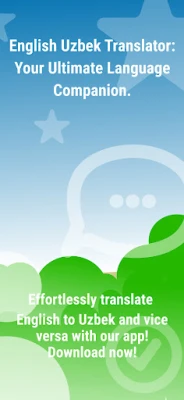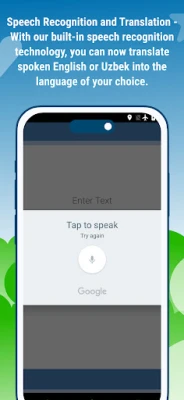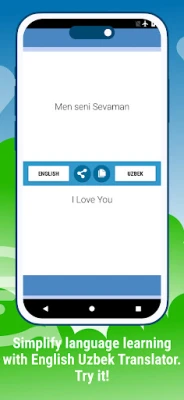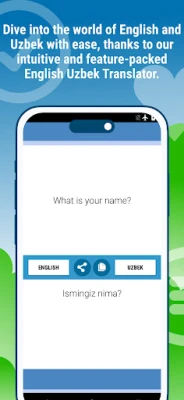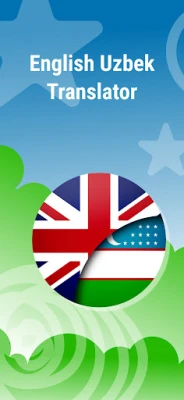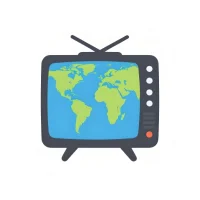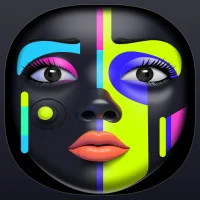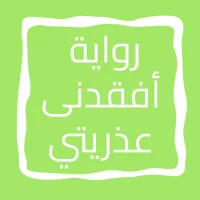
Latest Version
3.6
June 30, 2025
Lingua Apps
Tools
Android
0
Free
com.linguaapps.translator.english.uz
Report a Problem
More About English Uzbek Translator APK Download for android
Hi. So I’ve been messing around with English-Uzbek translation lately.
Not because I planned to. It’s just something that happened. One of my regulars—name’s Aziz—asked me to help with a text his cousin got. Something about a university abroad, all in English. He figured since I’d lived in the States for a couple of years, maybe I could help him sort it out.
I mean, I cut hair, not words. But I looked at it anyway.
Why translation’s not as simple as a dictionary
You’d think it’s just swapping words out. “Hello” becomes “Salom.” Done, right? Not even close. It’s not like cutting hair where you see what’s uneven. In translation, especially with stuff like Uzbek and English, it’s more like—you ever tried to cut hair in the wind? That’s what it feels like.
Phrasing doesn’t match. Idioms don’t carry over. Try explaining "beat around the bush" to someone whose main language never needed that concept. Or the fact that in Uzbek, things are implied a lot more. We don’t always spell everything out. English is way more... specific, almost painfully so. Like a customer who keeps checking the mirror after every snip. You get what I mean.
What a real translator actually does (and doesn’t)
So, this is the part I didn’t really understand until recently. A переводчик английский узбекский doesn’t just change words. They gotta read between the lines. Catch tone. Understand formality levels. Know when to stick close to the original and when to bend things so it makes sense in the other language.
There’s a phrase I saw in some app: “literal translations kill meaning.” And yeah. That’s true. I’ve seen it. Once, a machine translation told someone that a business agreement was “as soft as sheep.” No joke. The original probably meant “gentleman's agreement” or “handshake deal.” But the machine choked on it and gave us farm vibes instead.
That’s where real human translators shine. They feel the context. They live in the nuance. No AI can fully mimic that—not yet. Maybe someday, but not right now.
So how do people even become translators?
Honestly? Half of them kind of fall into it. Like me with barbering. Started trimming my brother’s hair because no one else would, and here I am, ten years later with a chair of my own. Translators, at least the ones I’ve met, usually grew up flipping between two languages. Home in Uzbek, school in English—or the other way around. Eventually they realize they’re the only ones in their family who can explain immigration paperwork. And then, boom, they’re the go-to переводчик английский узбекский in the group.
They don’t get enough credit, by the way. Translating isn’t just knowing two languages. It’s knowing two cultures, two sets of humor, and two whole timelines of history. It’s wild.
A note on tech – yeah, it helps, but don’t rely too heavy
I’ve seen a bunch of apps that say they’ll translate anything. You type something in Uzbek, and bam—English. I get it. Useful in a pinch. Like when I need to look up how to fade in a certain clipper line or whatever. But if you’re sending documents, job apps, school papers, or talking to someone serious? Use a human.
Google Translate doesn’t care if you sound rude. It’ll just translate what you typed. And tone? Forget it. You might mean to sound respectful but end up sounding like a sarcastic teenager. And then people wonder why they didn’t get that scholarship.
Also worth noting: some of those translation apps mess up dialects. Uzbek has some pretty different regional vocab—Fergana Uzbek isn’t Tashkent Uzbek, and both aren’t Karakalpak. Machines don’t always catch that. Humans usually do.
Random but related: Translating slang is hilarious
You ever try to translate “bro, that haircut is clean AF” into Uzbek? Yeah. Good luck. I once tried and ended up saying something like, “Brother, your hair has been tidied very neatly.” Felt like a robot. Or a police report.
That’s the thing—when you translate, you sometimes gotta get creative. Say the spirit of the phrase, not the skeleton. That’s an art. Not science.
Rate the App
User Reviews
Popular Apps






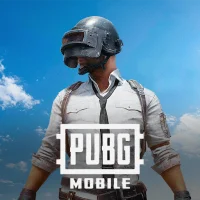
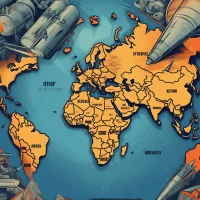


Editor's Choice










